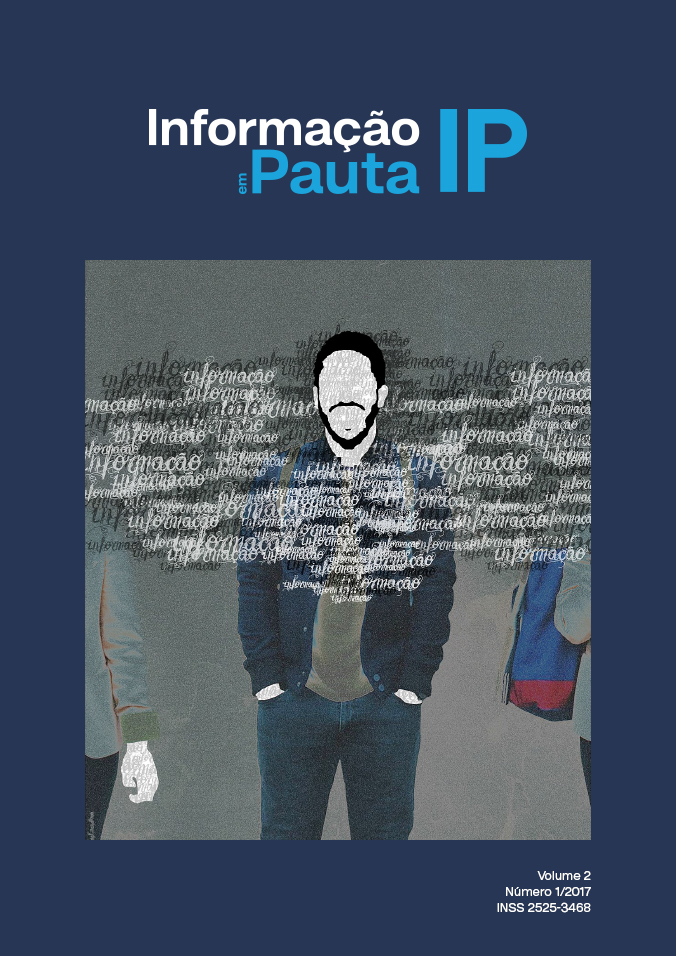INFORMATION SOCIETY: the instrumental logic of access to information and knowledge
DOI:
https://doi.org/10.32810/2525-3468.ip.v2i1.2017.11721Keywords:
Capitalism. Society of information. Information-commodite. Productive reconfiguration. Information. Knowledge.Abstract
The idea of an information society cannot dissociate from the socio-productive structure. In contemporary capitalism, the immaterial is a preponderant factor in the productive model. Due to the informational field becomes essential in the productive-economic, scientific and cultural process. Information and knowledge characterize as intrinsic factors to the productive reconfiguration to capitalism, in which the rationalization and appropriation is shaped: Science and Technology, innovation and appropriation of cooperation and social relations. For this reason, their proper operation and instrumentality are very important for the creation of surplus value. This article presents a brief critical analysis of the term information society and highlights the historicalideological plan from which it elaborated. We introduces the concepts of "Knowledge Economy" and "Information Regime". The methodology used is of bibliographic-exploratory nature. As a conclusion, it reflects on the importance of the dissemination of information and knowledge as a process of democratization. The operationalization of scientific information and control methods that seek to capture information and knowledge, and thus generate surplus value, information technologies and citizenship have put in the horizon possible actions and capacities of transformation, even if impartial and unstable.Downloads
Published
How to Cite
Issue
Section
License
Autores que publicam nesta revista concordam com os seguintes termos:
a. Autores mantém os direitos autorais e concedem à revista o direito de primeira publicação, com o trabalho simultaneamente licenciado sob a Creative Commons Attribution License que permitindo o compartilhamento do trabalho com reconhecimento da autoria do trabalho e publicação inicial nesta revista.
b. Autores têm autorização para assumir contratos adicionais separadamente, para distribuição não-exclusiva da versão do trabalho publicada nesta revista (ex.: publicar em repositório institucional ou como capítulo de livro), com reconhecimento de autoria e publicação inicial nesta revista.
c. Autores têm permissão e são estimulados a publicar e distribuir seu trabalho online (ex.: em repositórios institucionais ou na sua página pessoal) a qualquer ponto antes ou durante o processo editorial, já que isso pode gerar alterações produtivas, bem como aumentar o impacto e a citação do trabalho publicado.



